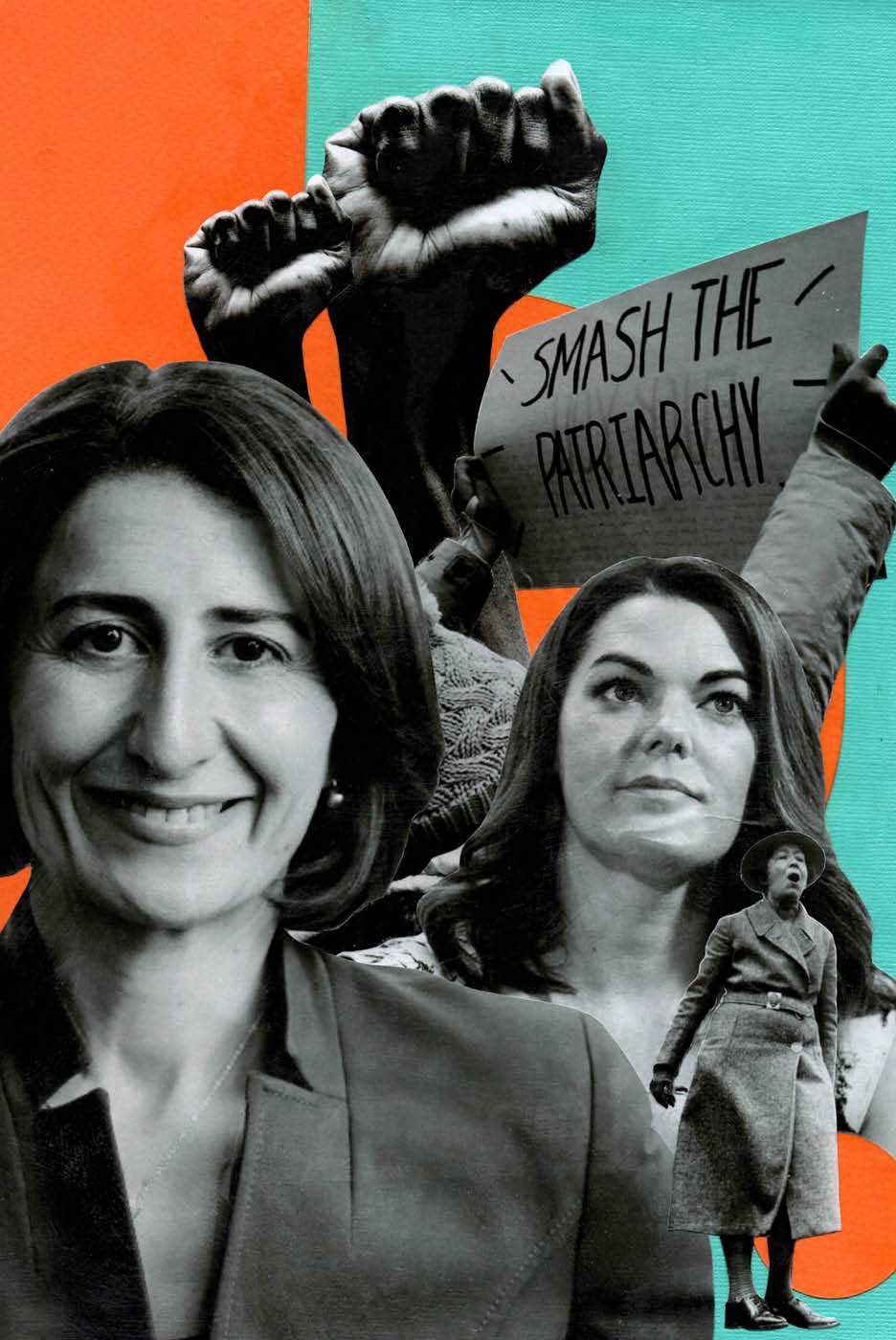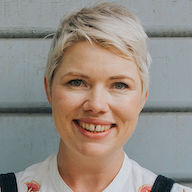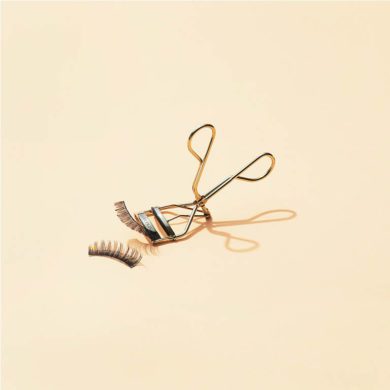Last Saturday night, as the results of the New South Wales state election became clear, Greens Senator Sarah Hanson-Young tweeted her congratulations to the incumbent Liberal premier, Gladys Berejiklian. “First woman elected to Premier of NSW is no small feat,” she wrote. “The more women we have in politics, across all parties the better our democracy and parliaments will be. Working across party lines to make the political culture more respectful must be a priority.”
Many would make the mistake Hanson-Young did in treating this moment as a success for womankind. After all, they might reason, isn’t it good to just keep chipping away at that glass ceiling? But while it may be true that the election of the first female Premier of NSW is ‘no small feat’, it’s also shortsighted to suggest that the election of any woman is automatically a win for feminism.
Within minutes, Hanson-Young was roundly criticised for seeming to suggest that Berejiklian’s gender alone was cause for celebration. As Wiradjuri and Wailwan woman Teela Reid said on Twitter, “When white feminism is more about rising to power than it is about dismantling the structures that oppress and lock Aboriginal women up at the highest rates in history. Don’t pat yourselves on the back.”
Feminists are often accused of supporting women simply for being women, and it’s true that a large part of the feminist project is concerned with equality. But there has to be a greater measurement of success than simply having a woman at the top.
Should we praise Pauline Hanson for starting her own political party and maneuvering herself into the Senate, even though her policies reflect racist and xenophobic attitudes? Looking further afield, should we direct admiration to Sarah Huckabee-Sanders for her ‘success’ in acting as the White House Press Secretary, despite her support of a President who endorses sexual assault and the separation of children from their migrant mothers?
Let’s not forget the woeful performance of Liberal party vice-president Teena McQueen on Q&A on Monday, who defended a noxious alt-right commentator – denied entry to Australia – as an “entertainer” and robustly defended Trump as “not sexist”. Women being given access to influential spaces is not a cause for celebration if they use those spaces to reinforce the regressive status quo.
There has to be a greater measurement of success than simply having a woman at the top
Mainstream feminism is still far too concerned with making gains in the corporate sphere, as if more women on boards or appointed as CEOs will automatically liberate all women from the uneven labour those systems demand of them. But liberation has to start from the bottom up, not the top down – with policies that implement better child care and parental support, for example, and ensure true diversity where women of colour, disabled and trans women are heard.
There’s a lot of discussion at the moment – and there will be more in the run-up to the election – about getting more women into politics, and more women from non-white, non-middle-class backgrounds. This is undoubtedly important, but as Berejiklian shows there can be a danger in simply conflating a person’s experience with their policies.
After all, the Premier is from an immigrant Armenian family, but she has declared she wanted to return to “Howard-era levels” of migration, reducing the number of migrants currently coming to NSW by half. In other key areas of social policy, her government has sidestepped the possibility of a treaty with Aboriginal people, dismissing the issue as a federal matter, and has not committed to decriminalising abortion in NSW.
Liberation has to start from the bottom up, not the top down
I recently attended a panel in which four female politicians – Linda Burney, Julie Bishop, Julia Banks and Sarah Hanson-Young – talked about the challenges facing women in politics. I had hoped for some honest dialogue and reflections, but everyone (with the exception of Burney) seemed more interested in voicing soundbites and aphorisms. The most illuminating question of the afternoon came from the audience via academic and feminist activist Eva Cox, who queried the point of getting more women into politics when they might only reinforce the status quo and its misogynist policies once they got there.
In response, Banks suggested that a surefire way to get more feminism in politics would have been for the Liberal party to elect Bishop as its leader – the same Bishop who has spoken out against quotas and resisted the title ‘feminist’.
Of course, the audience cheered.
I didn’t. The presence of women alone is not a sign of feminist progress, and a system that prioritises a certain kind of woman – white, wealthy, formally educated and able-bodied – is not and can never be successfully feminist.
Instead of praising women for becoming an active enforcer of regressive systems, we should be working to dismantle the systems themselves. The point of feminism was never to beat men at their own game, by simply climbing to the top of existing power structures, but to remake the system so it’s better and more equal for everyone.
Having a woman in the top job means nothing if she’s just committed to being the same foreman we’ve always had, but this time wearing heels.
Collage by Millie Bartlett













5 Comments